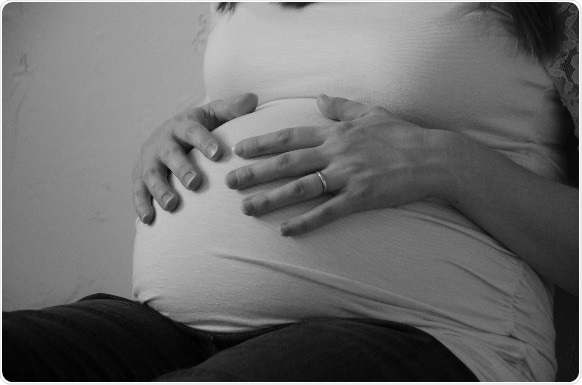A systematic review and meta-analysis identified significantly increased odds of child obesity when mothers have obesity before conception, according to a study published June 11 in the open-access journal PLOS Medicine by Nicola Heslehurst of Newcastle University in the UK, and colleagues.

Credit: trestletech, Pixabay
Obesity is a leading cause of life-long poor health globally, and is significantly associated with inequalities. Capitalizing on opportunities for early-life prevention of obesity is a priority for public health, global health and clinical practice. Understanding the association between childhood obesity and maternal pre-pregnancy weight status would inform policy and practice by allowing resources to be channeled into intervention. In the new study, Heslehurst and her colleagues aimed to estimate the extent to which a mother’s pre-pregnancy body mass index is associated with the weight status of their children. This systematic review included 79 observational studies that investigated maternal pre-pregnancy body mass index and childhood weight status.
The results revealed significantly increased odds of child obesity with maternal obesity (OR 3.64, 95% CI 2.68–4.95) and maternal overweight (ORs 1.89, 95% CI 1.62–2.19). Significantly increased odds were observed for child overweight/obesity (OR 2.69, 95% CI 2.10–3.46) and for child overweight (OR 1.80, 95% CI 1.25–2.59) with maternal obesity. This study provides substantial evidence for the need to develop interventions that commence prior to conception, to support women of childbearing age with weight management, in order to combat intergenerational obesity. According to the authors, paying more attention to the preconception period in obesity prevention interventions may help to address the complex early-life inequalities associated with obesity development.
Source:
PLOS
Journal reference:
Ngongalah, L. et al. (2019) The association between maternal body mass index and child obesity: A systematic review and meta-analysis. PLOS Medicine. doi.org/10.1371/journal.pmed.1002817.